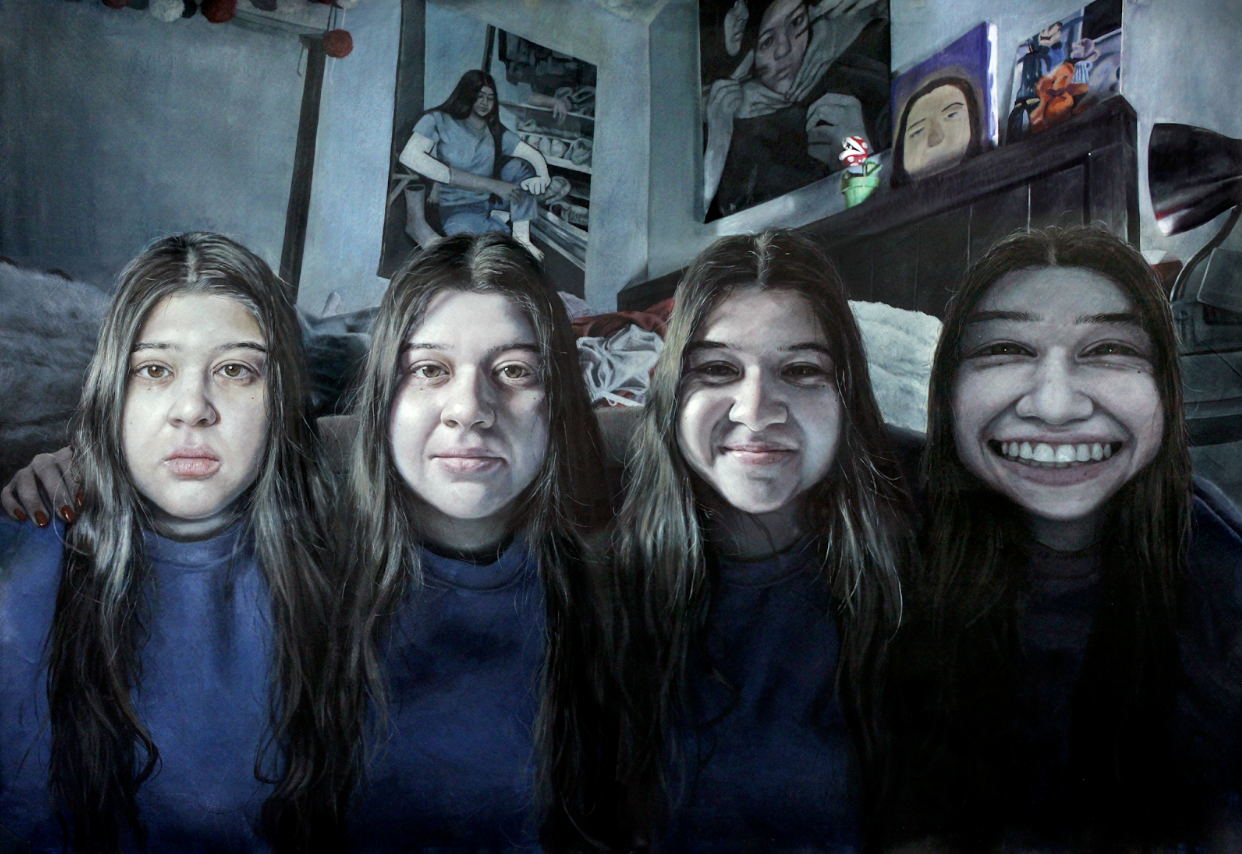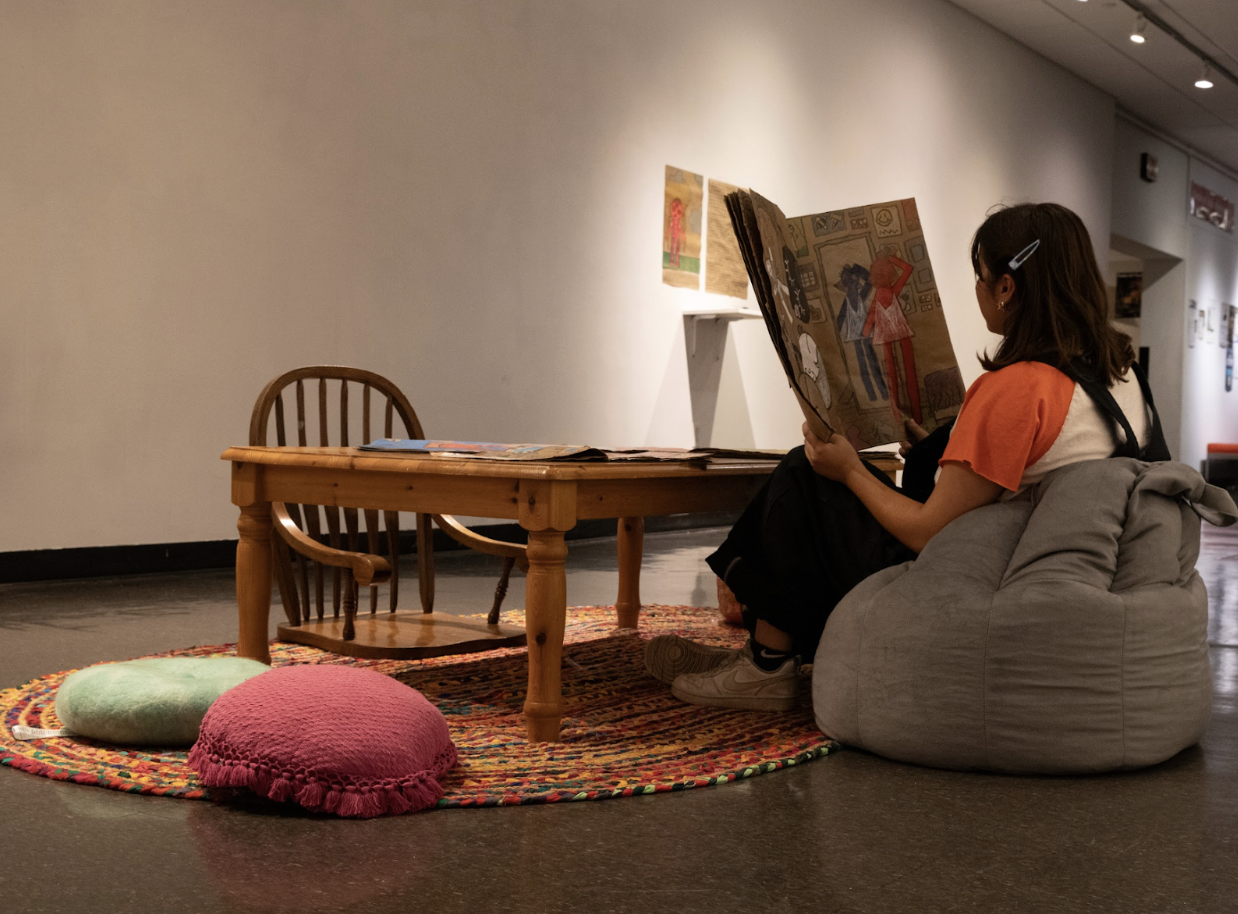TikTok-star-turned-RISD student, Camila Salinas, discusses the evolution of her self-portraits through the pandemic, internet stardom, and art school. She reflects on authenticity, the impact she hopes her work has on viewers, and the legacy she’s beginning to build as a young artist.
The British Museum in London, England is world-renowned for its diverse, global collection of artwork; in just one visit, museum-goers are exposed to art from all around the world, gaining a greater understanding and appreciation of culture. However, one cannot, in good conscience, view this art without considering the context in which it was acquired. The museum has a shameful history of conquest, violence, and war, and is deeply complicit in the exploitation of other nations. The British Museum Act of 1963, which prevents the museum from disposing of its holdings, only serves to perpetuate this system of colonization. At the time of its enactment—before repatriation movements gained momentum—the act was simply an administrative measure to safekeep works from short-term political decisions, but now it is a flimsy excuse for denying countries proper restitution.
Increasingly over the past several years, due to pressure from activists and art critics, the British Museum has begun to take part in talks with other countries over the repatriation of stolen art. For instance, the last few months have seen an uptick in highly publicized—albeit unsuccessful—conversations with Greece over the restitution of the Parthenon Marbles. Though such discussions are an important first step and will hopefully set a precedent for conversations with other countries, it is problematic that similar outcry over stolen art from most non-European countries has not resulted in nearly the same level of official conversation over potential restitution. Many have started to expose the museum for their false virtue signaling, including human rights lawyer Geoffrey Robertson who has criticized the museum for permitting unofficial, third-party “stolen goods tours which stop at the Elgin Marbles.”
It is time for the British Museum to start returning art and artifacts as requested by their countries of origin—and not just to predominantly white, European countries such as Greece. While museum supporters, including British Prime Minister Rishi Sunak argue that the global collection promotes cultural awareness and makes the viewing of art accessible to a wider audience, the very display of this art in London suggests a complete lack of cultural sensitivity and respect. The rightful restitution of art therefore would not only bring valuable tourism and boost economic growth of foreign countries, but would also be a crucial first step towards dismantling the system of colonization deeply pervading society since the 15th century.
Art lovers may be more familiar with highly-contested objects such as the Parthenon Marbles, but it is also important to protest on behalf of lesser-known objects such as the Brazilian Seeds of Hevea Brasiliensis, the Ethiopian Maqdala Manuscripts, or the traditional Maori Masks. It is only until the museum engages in discussion over such objects that they can truly advertise their intentions of repatriation. Even works that were technically obtained consensually during times of British colonization must be advertised as such to respectfully acknowledge countries of origin.





